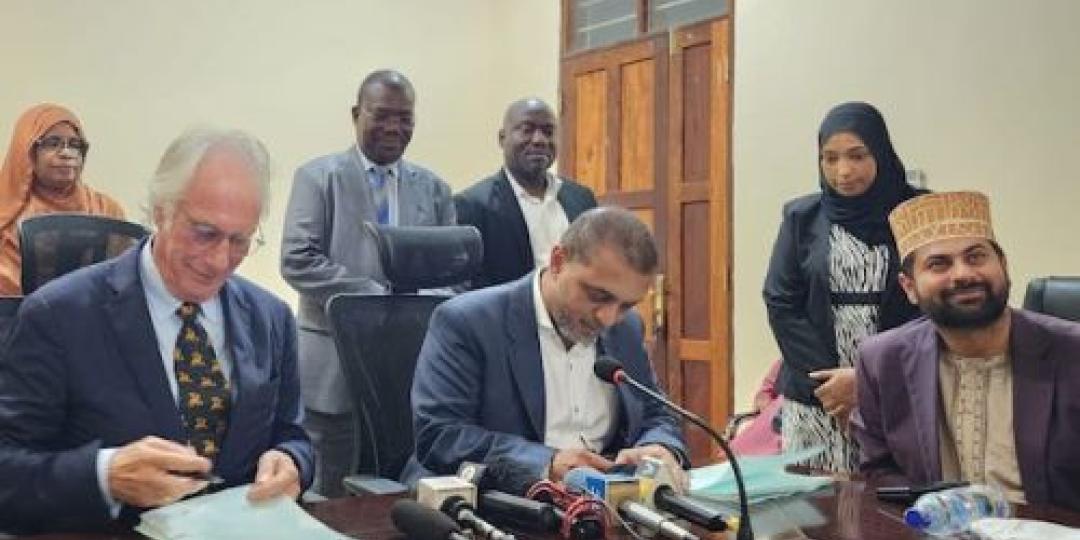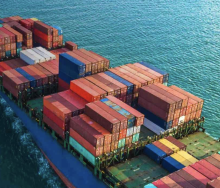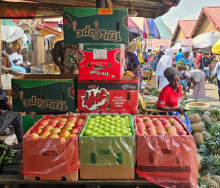The world’s leading ocean freight carrier by capacity has taken another bold step towards strengthening its presence in the African supply chain market with the news that Africa Global Logistics (AGL) has secured control of Malindi Port’s container terminal.
This follows news that AGL managing director, Tony Stenning, and the CEO of the Zanzibar Ports Corporation (ZPC), Nahaat Mahfoud, signed a management agreement on Friday afternoon.
Stenning said: “This partnership is set to bring a multitude of benefits, paving the way for enhanced efficiency and fostering economic growth in the region and for the people of Zanzibar.”
Not to be confused with the Port of Malindi north of Mombasa, the “Spice Island’s” main port is responsible for 95% of Zanzibar’s sea trade.
According to the ZPC, “Malindi Port has the busiest passenger terminal in the East African region, handling an average of 1.5 million people per year.
“The port has one berth for large foreign-going vessels with a quay length of 240 metres, and one for coasters that’s 113m in length, and can accommodate first-generation container vessels with 10m draught.
“There are no shore cranes on the wharf; ship gears are used to offload and load cargo.”
Stenning said: “AGL is poised to revolutionise operations at the Malindi Container Terminal (MCT). We'll be implementing streamlined processes, leveraging cutting-edge technologies, and optimising cargo handling to maximise efficiency and productivity.”
Privatisation of the MCT comes as one of the first major developments for AGL – previously operating as Bolloré Africa Logistics – before it was acquired by Mediterranean Shipping Company (MSC). Bolloré was Africa’s largest freight forwarding concern.
“Our collaboration, in partnership with MSC, will extend beyond operational improvements as we're committed to investing in infrastructure development, attracting more shipping line diversity, and boosting trade volumes,” said Stenning.
“Additionally, we'll be offering comprehensive training and capacity-building programmes to empower the local workforce, nurturing talent and driving human capital development.”
News of AGL’s management move at Malindi Port has come as somewhat of a surprise, as the freight industry still awaits news of the long-anticipated privatisation of the Port of Walvis Bay’s container terminal (WBCT) by MSC.
Whereas initially it was anticipated that Terminal Investment Limited (TIL), the carrier’s container subsidiary, would have assumed control of running the WBCT by May or June, it has been reliably learned that the process is being delayed.
Although it remains unclear when TIL will take over at Walvis Bay, public and private sector freight concerns involved with throughput at the port, including operators handling in-transit cargo through Namibia to hinterland destinations such as the Copperbelt, all agree that the debt-burdened port’s capacity problems can only be salvaged through privatisation.













